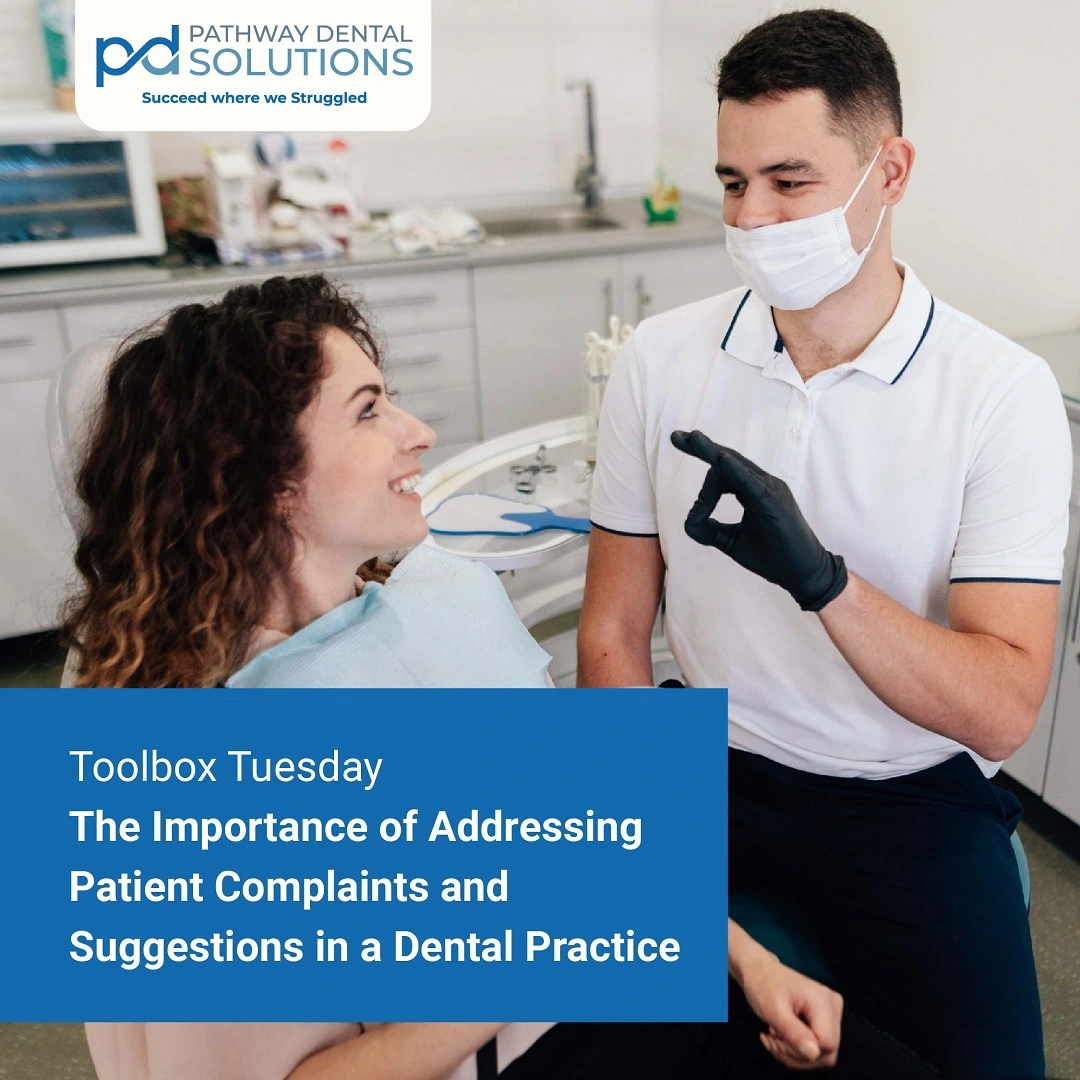
This week we delve into the crucial topic of addressing patient complaints and suggestions in a dental practice. They emphasize the significance of open communication and discussing difficult subjects openly. This blog post highlights the key insights from the video, providing essential takeaways for dental professionals to enhance their practice.
1. Embrace Difficult Conversations
Dental professionals have to address uncomfortable topics head-on. By fostering open communication, dentists can build trust with their patients and create an environment where concerns and suggestions are encouraged. It is essential not to shy away from difficult conversations but rather embrace them as opportunities for growth and improvement.
2. Managing Patient Complaints Effectively
Patient complaints are common in any dental practice, and how they are handled can greatly impact the reputation of the practice. The speakers share anecdotes about unreasonable complaints to highlight the importance of responding calmly and professionally. They stress the significance of managing patients and establishing boundaries, reminding the audience that while they are committed to patient care, they are not friends but rather in a professional business relationship.
3. Maintaining Professionalism
Building a successful dental practice goes beyond being overly friendly with patients. The speakers stress the importance of impressing patients through dentistry skills, office efficiency, and professionalism. While some patients may exhibit nervous behavior, it is essential not to misinterpret it as rudeness. Dentists should maintain a high level of professionalism, avoiding personal connections that may compromise their professional responsibilities.
4. Actively Addressing Patient Concerns
There is significance of addressing patient complaints and suggestions promptly. We encourage dentists to actively listen to patient feedback and consider alternative solutions or explanations when appropriate. It is crucial to follow through on promises made to patients and demonstrate a genuine willingness to improve. Dentists should actively seek feedback and suggestions from patients and use this valuable insight to enhance their practice.
5. Internal Marketing and Communication
In order to inform patients about changes or improvements based on their feedback, internal marketing and communication are paramount. The speakers highlight the importance of keeping patients informed about any updates within the practice, demonstrating accountability and a commitment to continuous improvement. By conveying that the practice is privately owned and not a faceless corporate entity, patients are reassured that their feedback is valued and taken seriously.
6. Addressing Negative Reviews
Negative reviews can significantly impact a dental practice’s online reputation. The speakers stress the importance of acknowledging and responding to negative reviews promptly. Responding professionally and offering a solution or explanation shows accountability and a genuine interest in patient satisfaction. This proactive approach can positively influence patient perception and mitigate the potential damage caused by negative feedback.
7. The Road Ahead
In conclusion, this insightful webinar emphasizes the importance of addressing patient complaints and suggestions in a dental practice. Dental professionals are encouraged to embrace difficult conversations, manage patient complaints effectively, and maintain a high level of professionalism. Actively addressing patient concerns, utilizing internal marketing and communication, and addressing negative reviews are key strategies for enhancing patient satisfaction and building a successful dental practice. By implementing the discussed strategies, dental professionals can create an environment where patient feedback is valued, leading to improved patient retention and the overall success of their practice.
Remember, open communication and a commitment to continuous improvement are the cornerstones of building lasting relationships with patients.



